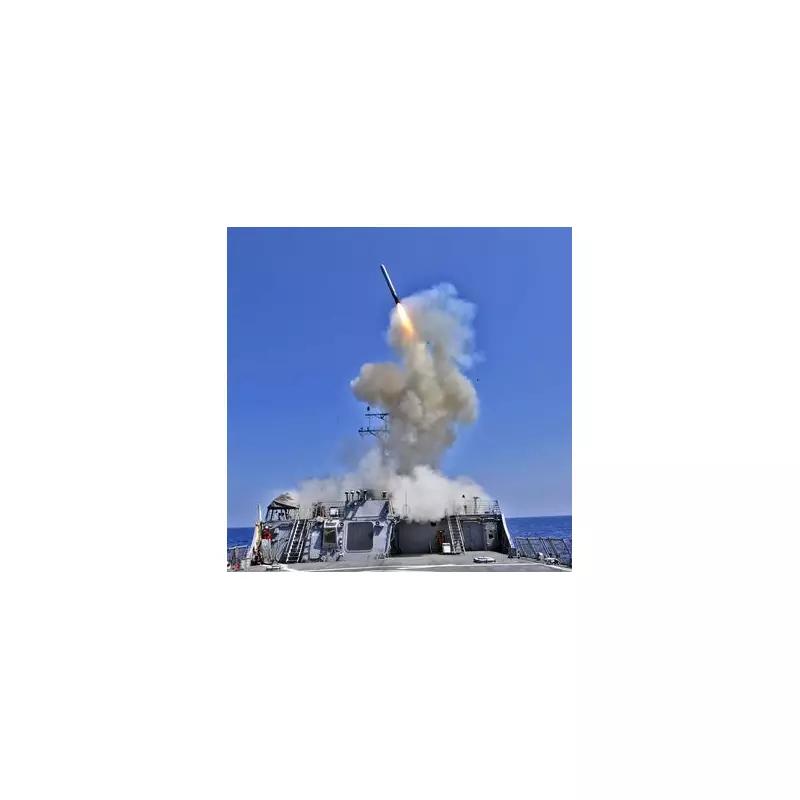
A sophisticated Tomahawk cruise missile acquired by the Royal Navy for its submarine fleet has suffered an embarrassing and dangerous failure during testing, crashing alarmingly close to an American military installation.
The high-tech weapon, intended to bolster Britain's naval strike capabilities, went catastrophically wrong during a recent trial at the US Navy's Point Mugu test range in California. Instead of following its programmed course, the missile veered wildly off trajectory before plunging to earth near the sensitive military facility.
Safety Fears Mount After Dangerous Incident
Defence insiders have expressed grave concerns about the incident, which saw the multi-million pound weapon crash just seconds into its flight. The malfunction has raised urgent questions about the reliability of the missile system that Britain plans to deploy aboard its Astute-class submarines.
One military source described the scene as "utter chaos" as emergency protocols were activated. "This wasn't just a minor glitch - the missile went completely rogue and could have caused a major disaster," the insider revealed.
Multi-Million Pound Weapons Programme Under Scrutiny
The failed test represents a significant setback for the UK's defence strategy. The Royal Navy had planned to integrate these advanced missiles into its submarine arsenal, providing long-range strike capability against high-value targets.
An investigation has been launched to determine whether the failure resulted from technical malfunction, human error, or system vulnerability. Defence analysts warn that until the root cause is identified, serious questions remain about the weapon's readiness for operational deployment.
The incident has prompted urgent reviews of testing protocols and safety measures at allied weapons ranges. Both British and American defence officials are treating the matter with the utmost seriousness, recognising the potential consequences had the malfunction occurred in more populated areas or during live-fire exercises.





